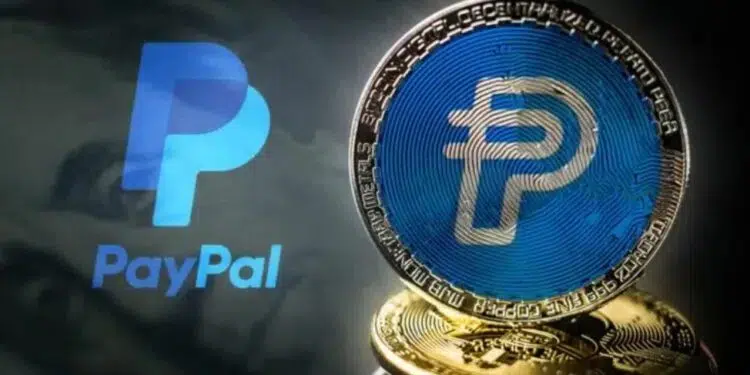PayPal and Google Cloud have announced tools that integrate artificial intelligence (AI) and crypto contracts into e-commerce. This allows users to discover products, receive recommendations, and make payments within the same experience.
The proposal combines Google Cloud’s conversational commerce system with PayPal’s payment solutions and is designed to help businesses integrate “AI agents” into their digital channels. This way, brands can offer personalized attention without losing control of the relationship with their customers.
This model is based on the open Agent2Agent (A2A) protocol, which allows different artificial intelligences to securely communicate with each other and collaborate. Thanks to this standard, PayPal technology can connect with merchant technology to exchange contextual informationprocess payments and verify credentials.
Agent Payments Protocol (AP2) runs on top of this infrastructure, an additional payment-focused layer. The protocol incorporates trust mechanisms, anti-fraud controls, and traceability with verifiable digital credentials that ensure each transaction has a user-signed cryptographic contract. This serves as irrefutable proof of your intent when authorizing the purchase.
For example, cart delegation is a key credential that confirms that a buyer has approved a particular transaction. It is generated by the merchant and cryptographically signed on the customer’s device, and the authorization is tied to that specific action.
Payment obligations are then shared with payment networks and issuers, providing visibility into the nature of the transaction and whether it was initiated directly by an individual or by a licensed AI agent, helping to build trust and assess risk.
During the purchase experience, your merchant system can interact with PayPal to access your purchase history with your permission and provide more accurate recommendations.
When making a payment, PayPal performs transactions within the same conversational interfaceoffers options such as alternative payment methods and “buy now, pay later” plans.
In addition to this solution, PayPal continues to expand its payments ecosystem by integrating cryptocurrencies directly into in-app P2P flows. As reported by CriptoNoticias, this will allow users to directly transfer assets such as Bitcoin (BTC), Ether (ETH), and PYUSD stablecoins between users.
(Tag Translation)Blockchain


